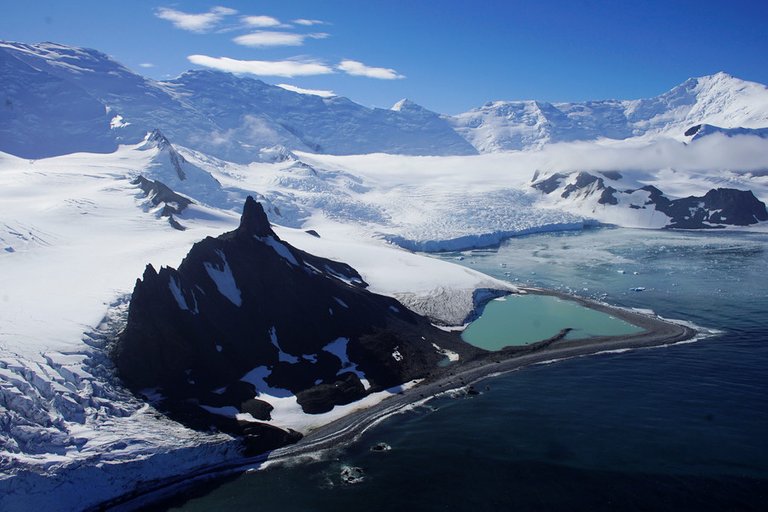Prolonged stay in Antarctic has chilling effect on brain - study
While the prospect of a polar research expedition in the Antarctic might seem like a dream come true for many, the reality of prolonged darkness in isolation is so severe that it actually shrinks parts of the human brain.
Researchers from Charité - Universitätsmedizin Berlin and the Max Planck Institute for Human Development studied the effects of social isolation and extreme environmental conditions on the brains of five men and four women who spent a total of 14 months in the Antarctic, nine of which saw them cut off from the outside world.
The plucky participants ventured to the Neumayer-Station III, which experiences temperatures as low as -50 degrees Celsius (-58 degrees Fahrenheit) and almost complete darkness during the winter months.

Glaciers are seen in Half Moon Bay, Antarctica, February 18, 2018. ©Alexandre Meneghini / Reuters
To make matters worse, because of the harsh and unforgiving environment, there was no real chance to opt out of the mission during the winter months; emergency evacuation and food and equipment deliveries only take place during the summer months, so that is one long winter to spend with little privacy or personal space.
“This scenario offers us the opportunity to study the ways in which exposure to extreme conditions affect the human brain,” says study lead Dr Alexander Stahn of Charité’s Institute of Physiology.
The test subjects completed computer-based cognitive tests before, during, and after their stay to measure their concentration, memory, cognitive reaction times and spatial reasoning. They also underwent blood tests to measure growth factor known as brain-derived neurotrophic factor (BDNF), which promotes the growth of nerve cells and synapses in the brain. They also had MRIs before and after the participants’ mission determine their brain structure.
Researchers discovered that the participants’ dentate gyrus, the area of the hippocampus responsible for spatial thinking and memory, was smaller and their BDNF levels were decreased. Within three months the participants’ BDNF levels had dropped below normal and they did not recover for 1.5 months after they returned.
The extreme conditions had impacted their spatial reasoning and so-called selective attention, where humans are required to block out irrelevant information.
Stahn stressed that it was a small sample size and hopes to conduct similar research in the future, wherein he will examine if more physical exercise can stave off the shrinking effects on the human brain.
Hello,
Your post has been manually curated by a @stem.curate curator.
We are dedicated to supporting great content, like yours on the STEMGeeks tribe.
If you like what we are doing, please show your support as well by following our Steem Auto curation trail.
Please join us on discord.